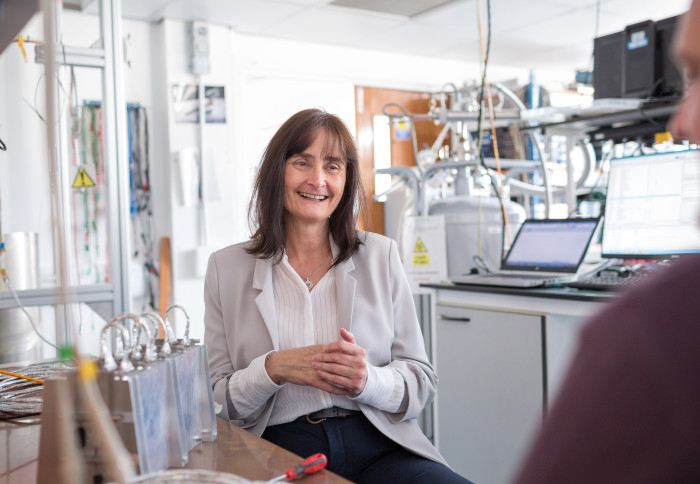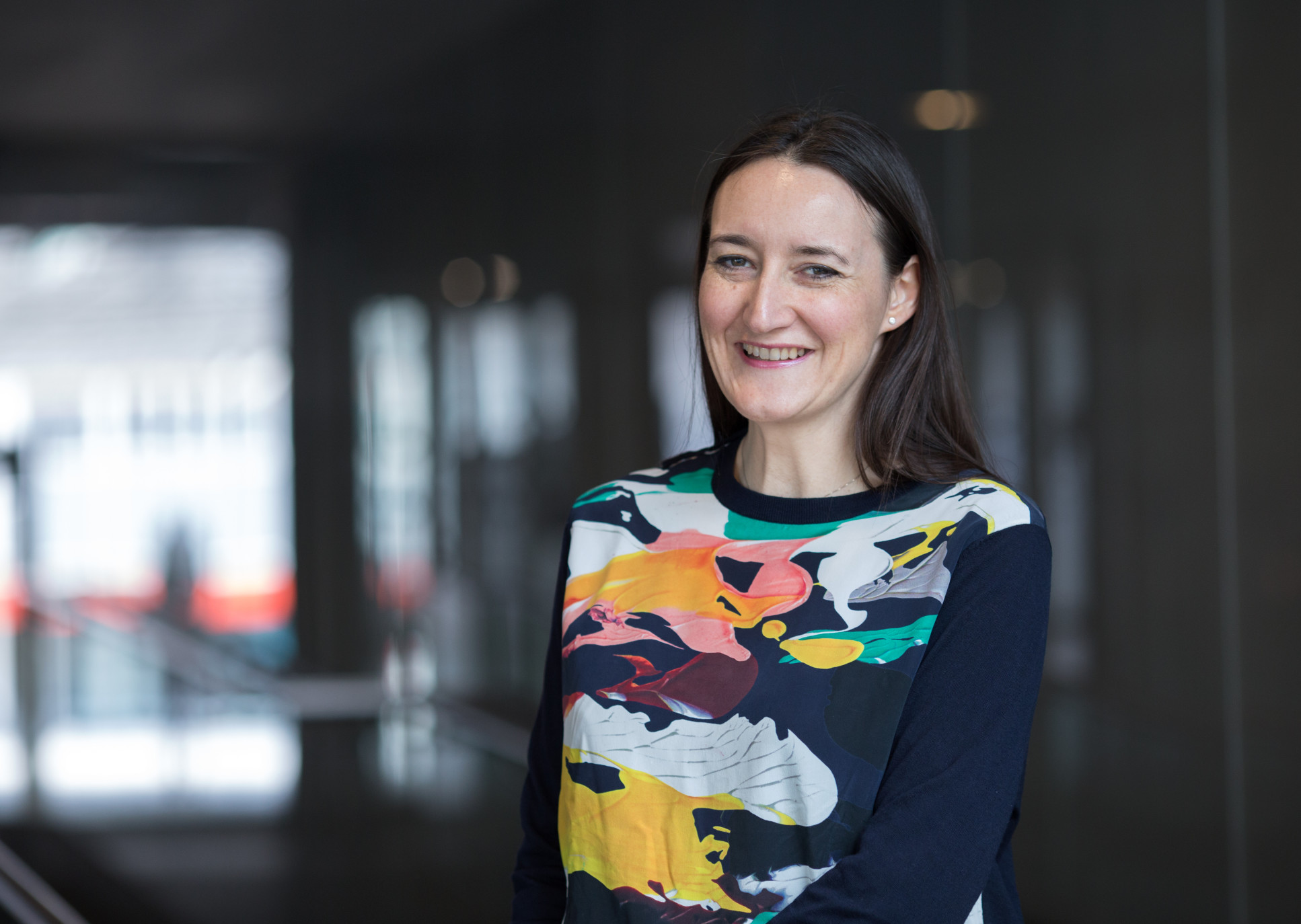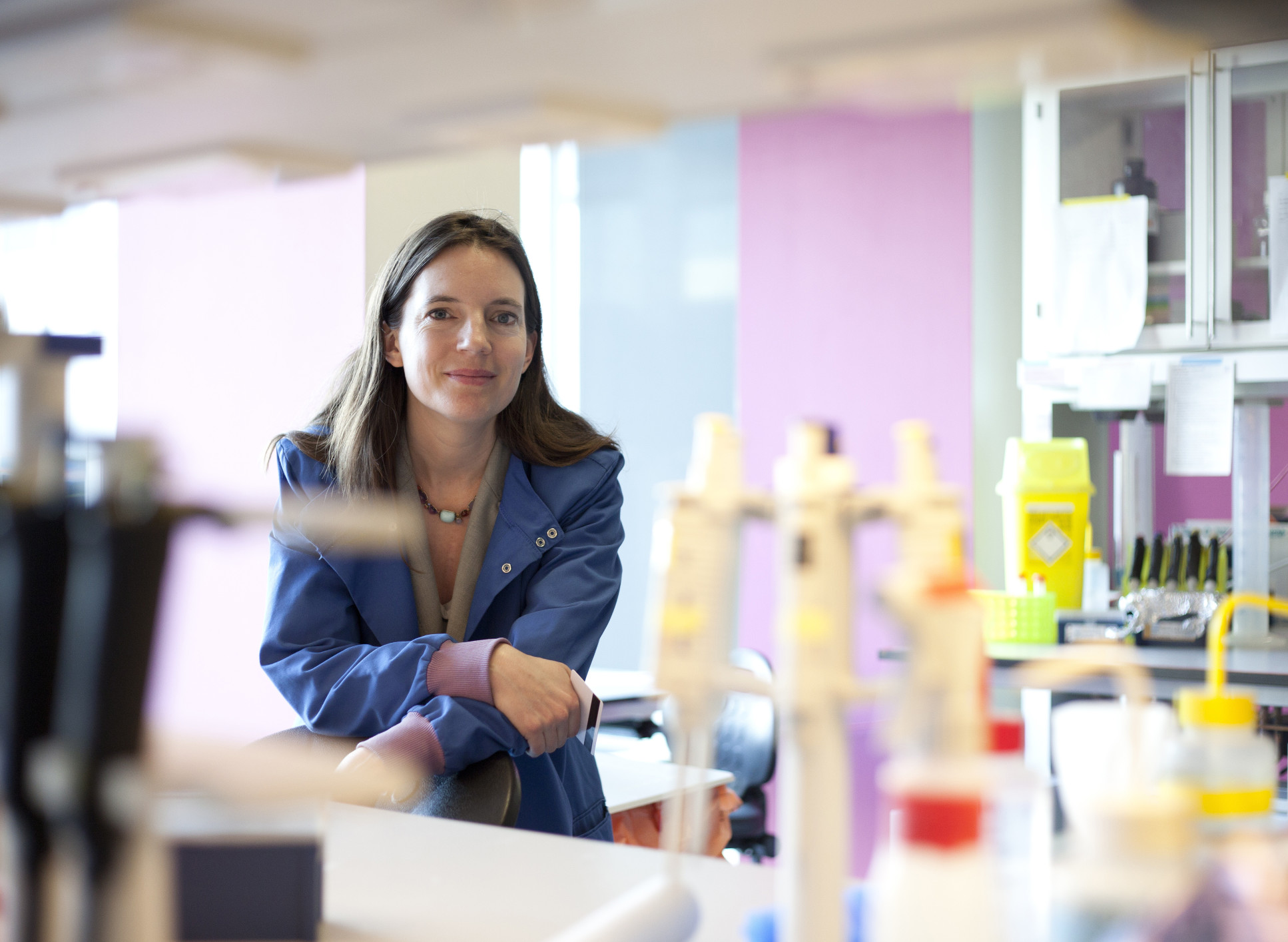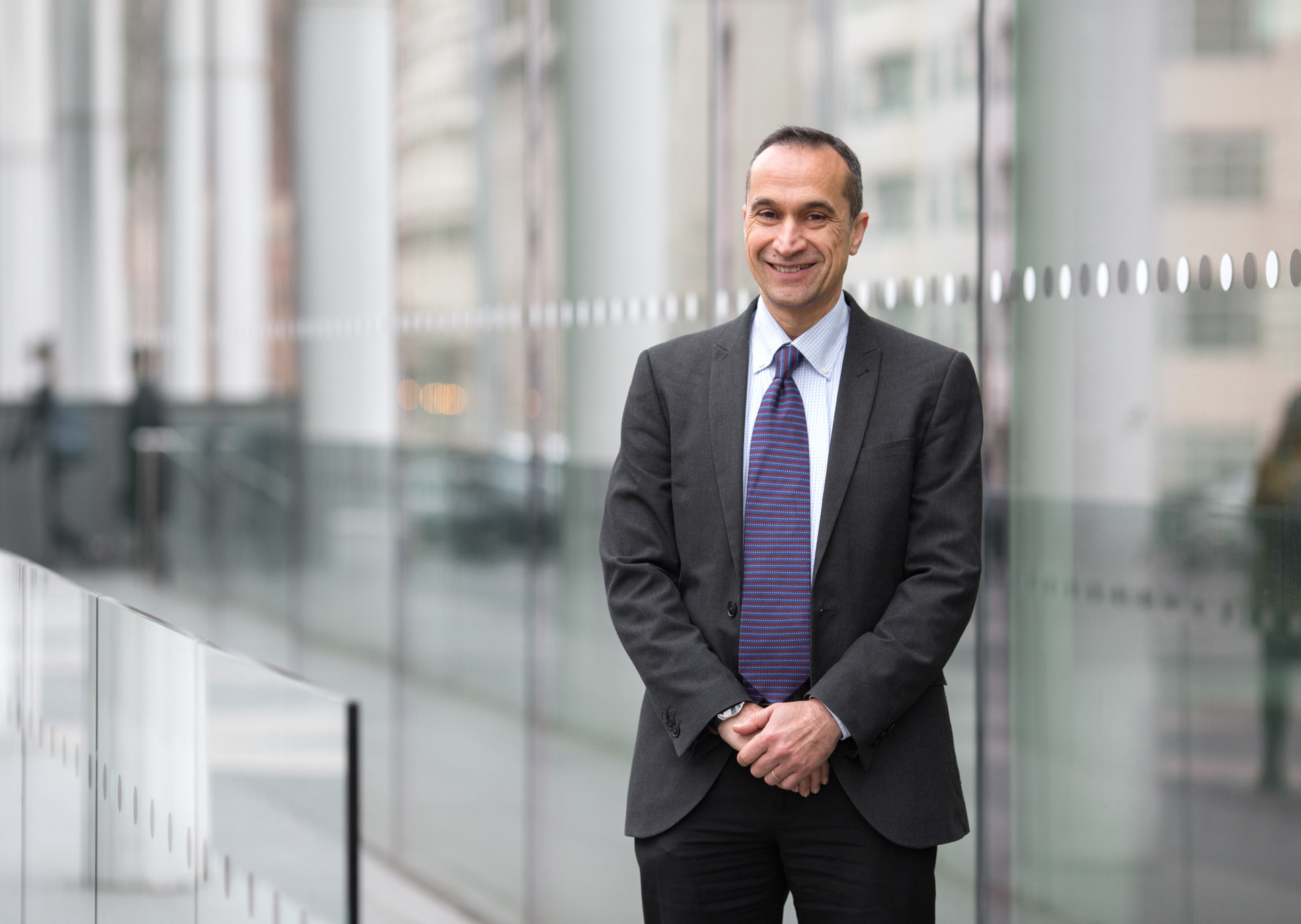Imperial professors elected to prestigious American Academy

Four leading Imperial academics have been elected to the prestigious American Academy of Arts and Sciences.
Imperial College London Professors Claire Adjiman, Molly Stevens, Michele Dougherty and Nilay Shah are among 37 new International Honorary Members of the Academy from 16 countries.
This honour is testament to their excellence and ingenuity and reflects Imperial’s spirit of collaborating with partners across the world and inspiring the next generation of scientists and innovators. Professor Alice Gast President of Imperial College London
Professor Alice Gast, President of Imperial College London, said: “Professors Adjiman, Dougherty, Shah and Stevens are all leaders in their field, and their election to the American Academy is well deserved.
“This honour is testament to their excellence and ingenuity and reflects Imperial’s spirit of collaborating with partners across the world and inspiring the next generation of scientists and innovators. They will contribute greatly to the Academy’s mission to advance the public good.”
Founded in 1780, the American Academy of Arts and Sciences honours excellence and convenes leaders to examine new ideas, address issues of importance to the US and the world, and advance the public good.
This year, 261 new members have been elected to the Academy as part of its tradition of recognising accomplishments and leadership in academia, the arts, industry, public policy and research.
The Academy previously elected Professor Gast (2002), Professor Sir John Pendry (2012) and Emeritus Professor Russell Lande (1997) as members. Find out more about the four newly elected members from Imperial:
Claire Adjiman
Professor Claire Adjiman from the Department of Chemical Engineering, is highly cited and globally recognised for her contributions to research in process systems engineering.

She has developed pioneering methods for the integration of molecular and macroscale decisions in process design, leading to better system performance. Her research has played a central role in developing a theoretical approach to accurately describe molecular interactions of crucial importance in industrially relevant fluids.
Through collaboration across disciplines, Professor Adjiman applies fundamental research in molecular science to complicated, real-world problems. Her research has saved energy, money and resources for corporations, and she has developed a new field and set standards for the next generation of scientists.
Professor Adjiman also started an institute and Master’s programme to develop the next generation of innovators in molecular design, and the design of new chemical processes for industry: the Institute for Molecular Science and Engineering and the MRes in Molecular Engineering with an interdisciplinary research project and industry placement.
Molly Stevens
Professor Molly Stevens, Professor of Biomedical Materials and Regenerative Medicine in the Department of Materials and the Department of Bioengineering, has made ground-breaking contributions to bioengineering and biomaterials. She designs and creates new materials to solve challenges in healthcare from biosensing to regenerative medicine.

One important breakthrough is in creating affordable ultrasensitive biosensors for diagnosing disease. The technology, based on biofunctionalised nanomaterials mimics the biological activity of enzymes in the body providing exquisite sensitivity. She tailors the biosensing system to different infectious and non-communicable diseases. Her approach provides such sensitivity that diseases like HIV and cancer can be detected early enough for beneficial intervention. Her rapid pivot to detecting COVID-19 illustrates the versatility and agility of her work.
In addition to her election to the American Academy, Professor Stevens has been elected to Fellowships in eight academies including the Royal Society, Royal Academy of Engineering and the US National Academy of Engineering. She inspires people through many engaging talks and seminars and, in 2020, she discussed the future of diagnostic technologies and her vision to deploy innovative healthcare technology to every corner of the world as an invited speaker at the World Economic Forum.
Michele Dougherty
Professor Michele Dougherty, Head of the Department of Physics, has served as the Principal Investigator for the magnetometer on two major space missions: the NASA Cassini spacecraft that orbited Saturn and the European Space Agency’s JUICE spacecraft that will orbit?Jupiter’s largest moon Ganymede, in 2032. She and her team measured the magnetic field of Saturn and its moons and discovered an anomaly leading directly to further exploration and the discovery of an environment containing water and hydrocarbons around Saturn’s moon Enceladus. This finding has been transformative in planetary science and opened new possibilities for targets in the search for life. ?
Professor Dougherty has contributed significantly to space physics through 378 publications and leadership roles. She has been recognised through numerous prestigious awards including the Chree Medal and Prize from the Institute of Physics in 2007, the Hughes Medal from the Royal Society in 2007, the Royal Astronomical Society Gold Medal in 2017 and the Richard Glazebrook Medal and Prize from the Institute of Physics in 2018. She was made CBE in the 2018 New Year’s Honours for services to UK Physical Science Research.
Nilay Shah
Professor Nilay Shah, Professor of Process Systems Engineering in the Department of Chemical Engineering, is a global authority in process systems engineering, particularly the development and application of mathematical models to analyse, design and optimise complex process and energy systems. His seminal papers on scheduling and supply chain management are foundational and highly cited.

He has been instrumental in developing process systems engineering methods in manufacturing, energy, and biotechnology applications, from greenhouse gas removal to COVID-19 vaccine production, storage and distribution. He has grown and leads the world’s largest academic research centre in process systems engineering.
He has been awarded numerous accolades for his research including the Royal Society of Chemistry Beilby Medal in 2005, the Royal Academy of Engineering MacRobert Award and Prize in 2007 and the Institution of Chemical Engineers Hutchinson Medal in 2021, Sargent Medal in 2019 and Senior Moulton Medal in 2019. Nilay was also awarded an OBE in the 2020 Queen’s Birthday Honours for his services to the decarbonisation of the UK economy.
Article text (excluding photos or graphics) © Imperial College London.
Photos and graphics subject to third party copyright used with permission or © Imperial College London.
Reporter
Joanna Wilson
Communications Division